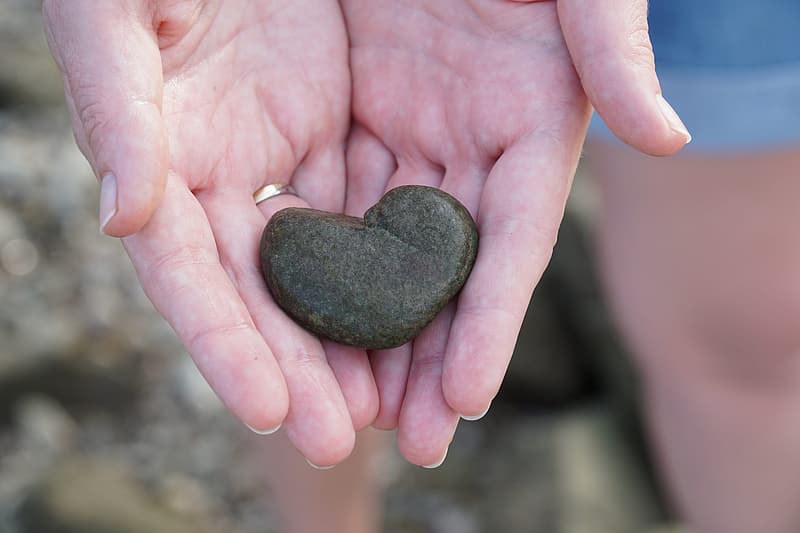It is one thing to see and hear about a celebrity or a “friend of a friend” or someone’s aunt or uncle struggling with the disease of addiction or being in rehab. But what are you supposed to do when this happens to someone you love? What do you do if addiction “happens” to your daughter, son, mother, father, sister, brother, wife, or husband? According to The Substance Abuse and Mental Health Services Administration (SAMHSA), in 2018, an estimated 21.2 million people aged 12 or older needed substance use treatment. This number translates to about 1 in 13 people who needed treatment (7.8 percent). As if almost like the six degrees of Kevin Bacon, these statistics make more sense when you hear the saying “everyone knows someone who has been affected by addiction.” However, when it is someone you love dearly, statistics do not necessarily matter. Learning that someone you love is suffering from this terrible disease can be incredibly difficult to accept. Just like someone who is grieving the loss of a loved one, a person who loves someone in active addiction can also go through certain stages of grief. Sometimes, this starts with denial and isolation. Like grieving an actual death, we feel a loss when a loved one becomes addicted to drugs or alcohol and sometimes our first reaction is denial. This is a natural defense mechanism. Often, feelings of denial can be the most secure stage for a family member to find themselves in because it is easier than facing the problem of addiction “head on”. These thoughts can come in the form of rationalization, making excuses (i.e. it isn’t that bad), or even accepting excuses (i.e. his phone was dead). It is also common to be overwhelmed with feelings of anger and guilt, just like the next steps in the grieving process. You might ask yourself, “Why my son, why my wife, why us, why me?” Addiction causes absolute chaos – and amid the pandemonium, loved ones can feel helpless, vulnerable and at a loss for what to do. Perhaps you might be flooded with additional feelings related to bargaining, another step in the grieving process. These thoughts and emotions can look something like “if only I had a been a better husband, wife, sister, brother….” Parents might often think to themselves “if only I had given him/her a better childhood.” The final stages of the grieving process are depression and eventually acceptance, which may happen for some and for others not at all. Sadness and despair/hopelessness are prominent emotions that family and close friends of a person addicted to drugs or alcohol can feel all at once, or in waves. It is important to understand that acceptance doesn’t mean that everything is okay, and we feel content again. Rather, it means that we have the opportunity to make our peace and find our own personal calm. Grieving the addiction of a loved one is a process that takes time, support, and self-acceptance for you. Some people might skip one of these stages, and these stages are not always experienced in a conventional timeline. Most importantly, just because these are emotions that some people have when dealing with a loved one with addiction, this does not mean that you have to feel this way. So, what can you do for “self-help” when trying to deal with a loved one’s addiction? Educate yourself. Empower yourself with information so that no matter what stage of recovery your loved one is in, or if they are still in active addiction, you have the knowledge to meet them where they are in their journey of recovery. Connect with others who are going through the same situation. The stigma of addiction can be shameful and isolating, so reaching out to others through Al-Anon or Nar-Anon (virtual or in person) or connecting with professional help can do wonders for your self-care. Easier said than done, but most importantly – be patient. Recovery is just as messy as addiction. This is where some people dig deep to find the reasons behind their addiction – and some of these reasons can be painful. Be prepared for relapse. Some people achieve long term recovery on their first attempt at sobriety, and for others it may take multiple attempts. The majority of people can and do recover. If you have a loved one in active addiction or recovery, it is essential that you take care of yourself. If you or someone you love is struggling with substance abuse, we encourage you to contact us today. Our friendly and caring recovery center staff answer the phones 24 hours a day. 888-501-9865

June 16, 2020